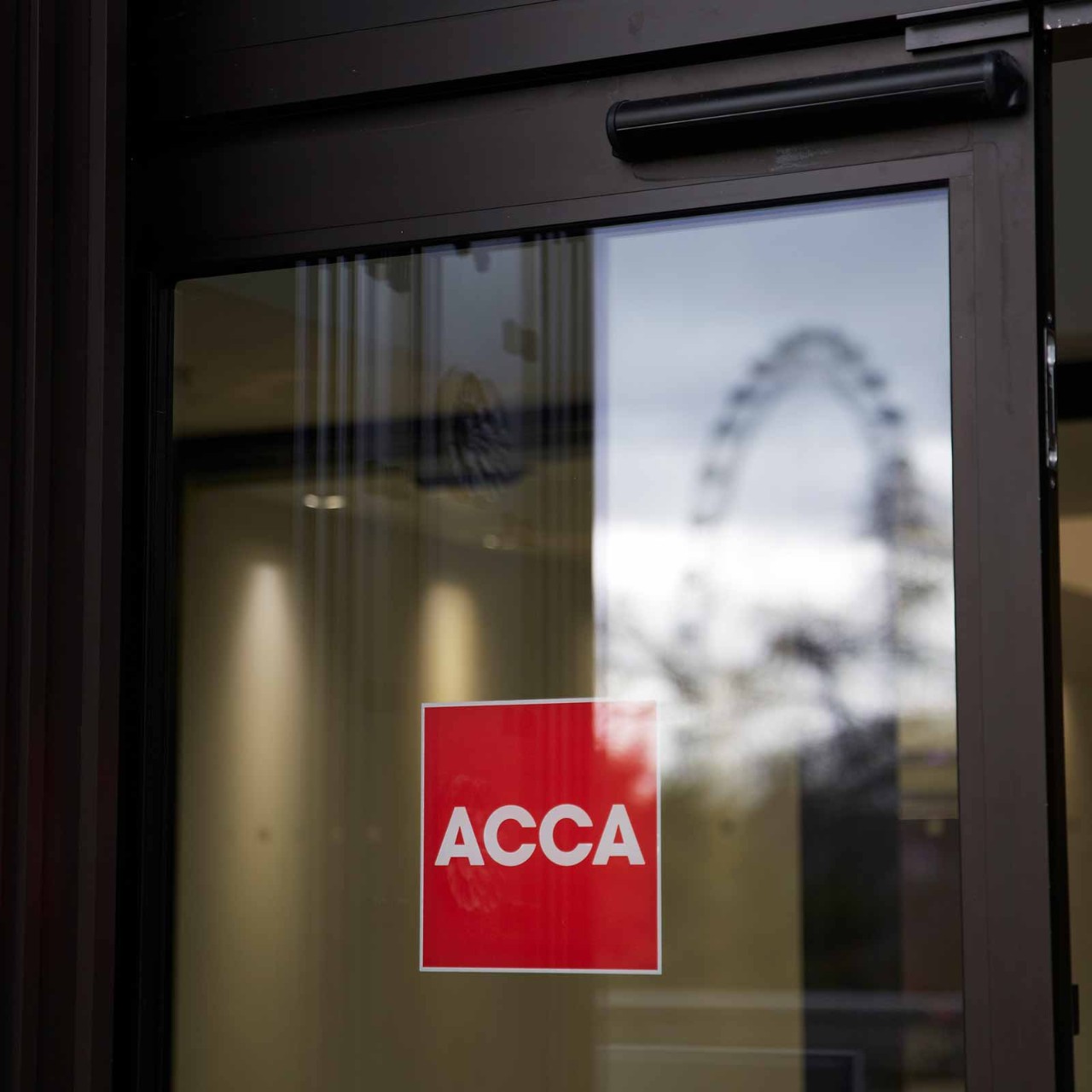
At the end of 2020, one in three entrepreneurs registering as self-employed with HMRC was female. Around the world, the share of women among small business owners has reached nearly 40%, up from just 4.6% in 1972.
So, while having more women in business is an ambition that is growing rapidly and with force, why are women facing much harsher barriers to entry in the business world than their male equivalents?
Forbes recently conducted studies and interviews into the difficulties that women face when starting a business. It cited lack of guidance, imposter syndrome and access to funding or finance as the top limiting factors.
A growing trend that has been exacerbated by the pandemic is our clients’ need for much more than accountancy services from us. In addition to statutory, compliance-based services, clients are increasingly asking us to look at cash-flow planning, furlough claims and loan applications. As accountants, this has given us real opportunities to add value and gain trust during times of need.
Only 7% of private equity and venture capital is investment in female-led business
But as the number of clients that are female-led businesses continues to rise, we need to make sure we have a real understanding of the difficulties these clients face.
Here are some of the challenges female-led businesses face and some solutions.
Funding and finance
Only 7% of private equity and venture capital is investment into female-led business. Statistically, female-led businesses would receive just 65% of the funding received by the same business model but male-led. The reasons cited when this matter is investigated are gender bias during the investment process, incorrect assumptions made by investors about female-led businesses and fewer women in positions of seniority at influencers’ firms.
My top tips for tackling this issue are education and appropriate partnering. We educate our clients on self-funding business models and methods. We also partner exclusively with banks that are committed to the Women in Finance Charter.
Vital factors
Business guidance, education and confidence are vital for any new business owner. Over 90% of small business owners say that having a mentor had a major impact on their growth. It’s fantastic to see that the role of the accountant has changed and that we are widely seen as vital business advisers.
My top tips when looking for business guidance are training, mentorship and education. I am taking an executive MBA to be able to provide our clients with access to wider business guidance and support.
I also recommend providing new clients with a one-hour, one-to-one training session to cover software, future business plans, cash-flow planning and tax planning. We need to empower business owners to take control of their finances.
Imposter syndrome
The official definition of imposter syndrome is the notion that you have only succeeded due to luck, and not because of your talent or qualifications – the feeling that you do not belong, that your friends or your colleagues are going to discover that you are a fraud, and that you don’t actually deserve your job and accomplishments. Statistically, it is a condition that affects women more than men.
My top tips to clients displaying these traits are to work on rationalising those thoughts, have open conversations with yourself and others about identifying those feelings, and work on recognising your achievements in a more positive way.
The above barriers to entry are interconnected, but if practitioners can show female clients how to grow their own business and go their own way, then this reassurance and building of confidence should help break the cycle. We can be the profession that supports the ever-growing female-led enterprises of which we should be so proud.
Further information
See AB’s series of short videos for practitioners including caring for clients, setting up your own practice, using social media, and more




